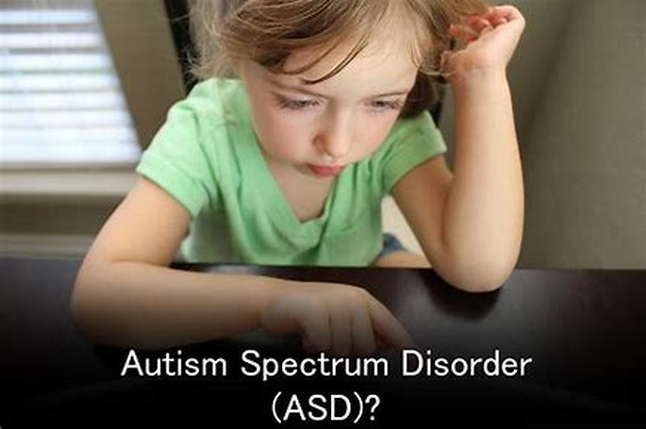Deb, et al. (2020) recommend that when examining intervention programs to look for just the right one, that parents look for these program specifics –
- Program’s fidelity to protocols
- Accurate program report of outcomes
- Review of program’s parent education/training for involvement in child’s intervention
- Program’s anticipated effect on child’s targeted ‘core’ symptoms
- Additional effect of program on behavior, sleeping, and eating regimes
- Positive effect of program on parental stress, knowledge, confidence in the program
- Highly experienced & credentialed therapists to assure program’s integrity
Parent training is considered very important to the success of many intervention programs, according to this clinical study. Another reason for finding the ‘right’ one.
< My Thoughts > “…finding the ‘right one’…”
The goal is finding the right ‘intervention’, regardless of what it’s called – treatments aka services, aka programs, aka therapies, aka interventions. Again, prioritizing your wants and needs, and your child’s wants and needs are a necessary ‘first’. Try asking for a ‘trial period’.
Understand that what you’ll find here are my attempts to ‘open the door’, or, ‘start the conversation’ about how ‘interventions’ may have a more successful outcome if they are mostly ‘compatible’ with both the child’s, and child’s family’s wants and needs.
Even if your child hasn’t been diagnosed yet, s/he may be eligible for Early Intervention Services. The IDEA Law says that children under the age of 3 years old who are at-risk for having developmental delays may be eligible for services.
Some programs/treatments are expensive, so understand your child well enough to know what things may work and what may not. While you are waiting, try to discover who your child is behind the autism. There is danger in believing that ‘one-program-fits-all’ because each child is so different in their abilities and their challenges. Some children’s processing circuits are wired differently. That’s just a reality. That is ‘autism’.
When trying to get to know the child behind the autism, understand that s/he may be showing symptoms of more than one problem, challenge, or disorder. Misdiagnosis can result in your child receiving unnecessary or inappropriate services.
Over-diagnosis can also have negative consequences. Some tests provide overlapping information and that’s okay, because clinicians will know how to sort everything out. Guard against becoming convinced that a program is going to ‘fix’ your child’s autism. Know that to some, autism is an ‘unregulated business’
Before looking for a treatment or educational program, prioritize your child’s ‘needs’ and prioritize your ‘wants’.
< My Thoughts > “…prioritize your child’s ‘needs’ and prioritize your ‘wants’”
Your child’s ‘autism’ symptoms may change, due to interventions, or for unknown reasons; but, your child will still have autism. Just the trajectory may stall or change. This is where your ‘parent’ instincts can prevail.
Decide –
What are presently the most concerning
or harmful things going on
right now in your child’s world?
Becoming convinced, or ‘sold’ on a program isn’t always the answer. Nor is ‘throwing money’ at your child’s autism is a ‘desperate’ move, which may only produce further stress on you, your child, and your family. Also, be sure that you are included in the ‘training’, and that you understand the ‘expected outcome’; plus, expected timeframe to see results… and, any follow-up ‘training’ provided. Handing your child over to a program and expecting to have a ‘different’ child handed back is not going to happen. Trust but verify. 'Developmentally delayed' doesn't mean that your child isn't 'extremely smart' about what s/he needs.
Reference:
Deb, S., Retzer, A., et al. (2020). The Effectiveness of Parent Training for Children with Autism Spectrum Disorder: A Systematic Review & Meta-analysis; BioMedCentral (BMC) Psychiatry, London, UK.
See Unit 7-0, Chapter 2; on MENU: FREE ASD BOOK, Know Autism, Know Your Child, with < My Thoughts > by Sara Luker.


 RSS Feed
RSS Feed